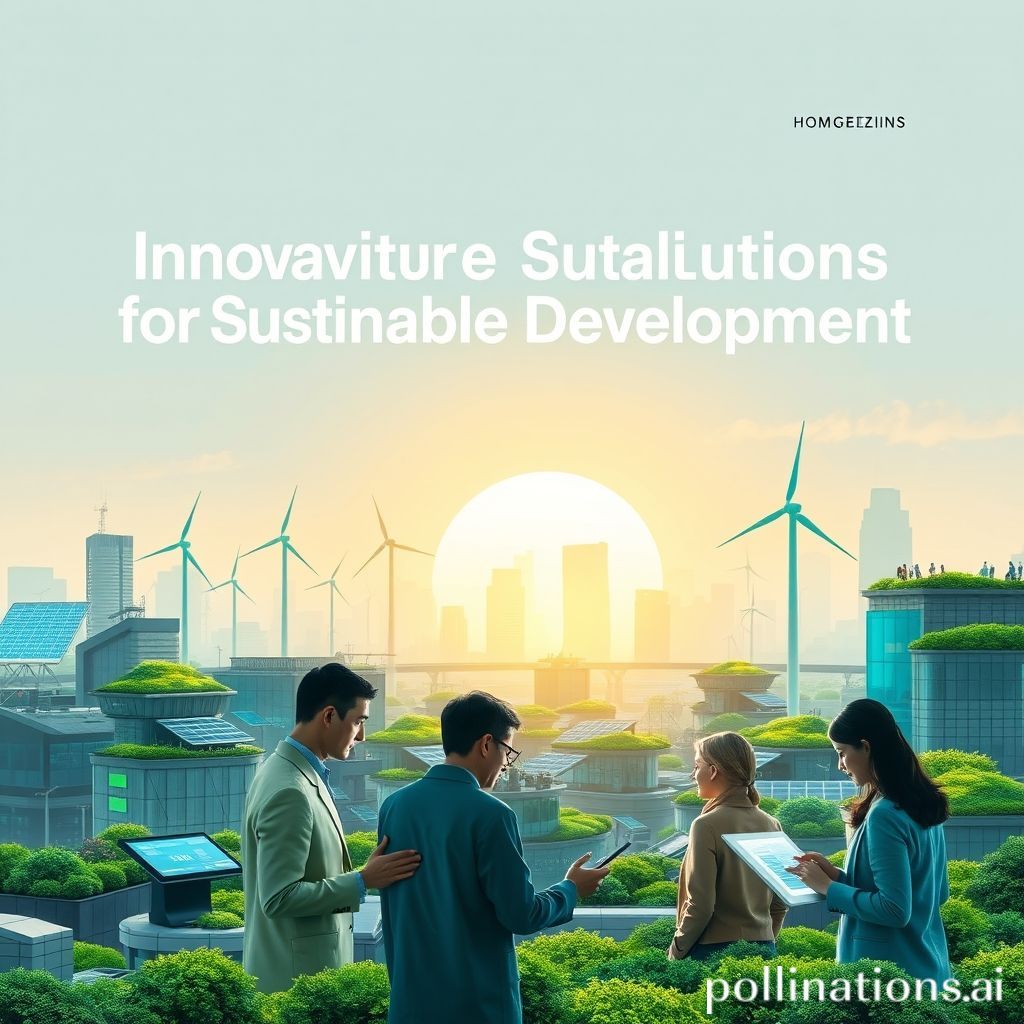
Innovative Software Solutions for Sustainable Development
In an era where environmental challenges are at the forefront of global discussions, innovative software solutions play a crucial role in promoting sustainable development. By harnessing technology, organizations can optimize resources, reduce waste, and enhance operational efficiency. This article explores various software-based innovations contributing to sustainable development.
1. Smart Resource Management
Resource management software provides frameworks for businesses to utilize resources effectively. These tools help in tracking resource consumption, forecasting future needs, and identifying inefficiencies. Key features include:
- Data Analytics: Analyzing usage patterns to optimize consumption.
- Real-time Monitoring: Tracking resources in real-time to prevent overuse.
- Reporting Tools: Generating reports to aid in decision-making and strategy formulation.
2. Energy Management Systems
Energy management software enables organizations to monitor, control, and optimize their energy consumption. These systems contribute to sustainable practices by:
- Reducing Energy Costs: Identifying areas to minimize power consumption.
- Improving Efficiency: Applying analytics to enhance energy use across operations.
- Supporting Renewable Energy: Integrating renewable sources with traditional energy supplies.
3. Sustainable Supply Chain Solutions
Supply chain management software focuses on sustainability by ensuring that products are sourced, manufactured, and distributed with minimal environmental impact. This segment includes:
- Supplier Transparency: Ensuring suppliers adhere to sustainable practices.
- Waste Reduction: Identifying areas for reducing waste throughout the supply chain.
- Lifecycle Assessment: Evaluating environmental impacts from production to disposal.
4. Urban Planning Software
As urban areas expand, planners are turning to software solutions that aid in sustainable development by optimizing land use and improving livability. Essential features include:
- Simulation Models: Testing various scenarios for land use and transportation.
- Community Engagement Tools: Involving citizens in the planning process through interactive platforms.
- Environmental Impact Analysis: Assessing potential impacts before implementation.
5. Carbon Footprint Calculators
Tools that allow organizations and individuals to measure their carbon footprint are essential for raising awareness and driving action towards sustainability. These calculators offer:
- Personalized Insights: Tailored recommendations for reducing emissions.
- Benchmarking: Comparing performance against industry standards.
- Goal Setting: Helping users create achievable sustainability targets.
Conclusion
Innovative software solutions are pivotal to achieving sustainable development goals. By leveraging technology, organizations can significantly reduce their environmental impact and promote responsible practices. As software continues to evolve, its potential to drive sustainability in various sectors will only grow, creating a greener future for all.
